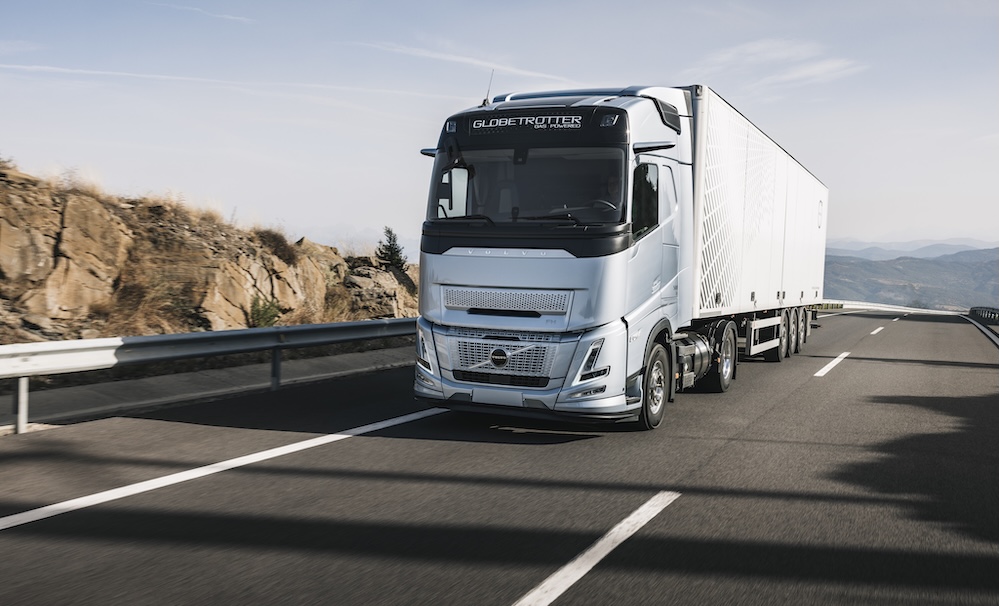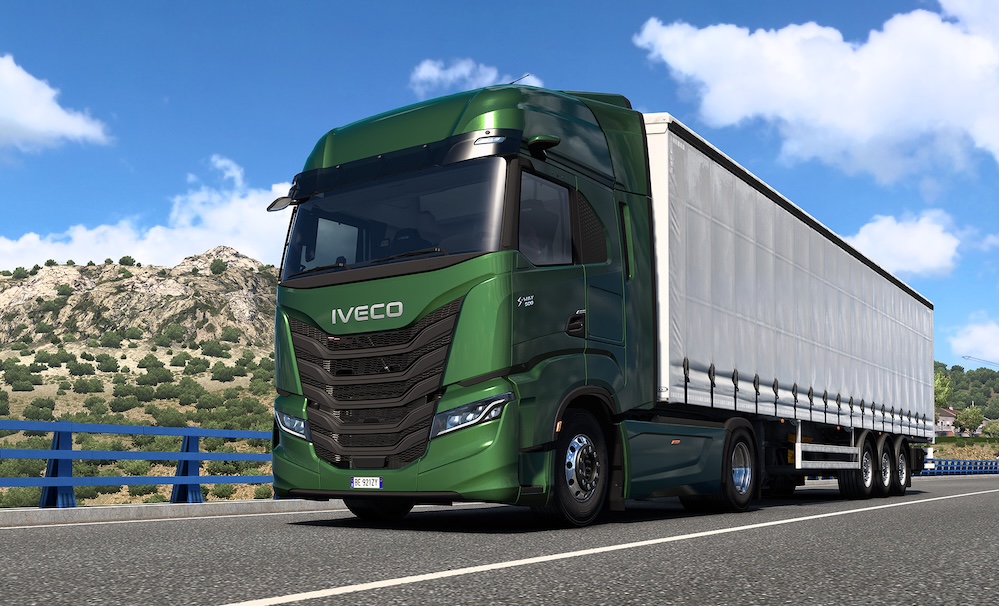IVECO, established leader in the alternative traction sector, has promoted a study carried out by the Institute of Atmospheric Pollution of the Italian National Research Council (CNR) to evaluate the environmental impacts of the use of compressed biomethane deriving from the organic fraction of municipal solid waste (OFMSW), comparing it with traditional fuels (diesel and compressed natural gas) used in vehicles employed for waste collection in urban areas.
The reference scenario for the study was the Italian market, characterised by a widespread distribution of CNG refuelling stations due to the large number of methane-powered vehicles – among the highest in Europe. The analysis carried out was a Well-to-Wheels analysis, i.e. an analysis that takes into consideration the impacts of the production and use of a fuel, without taking into account the construction or maintenance of the plants and infrastructure, in order to have a pure comparison of the fuels themselves. The analysis explored the contribution of CO2 capture in the production chain, and the contribution of the energy mix used to power the various industrial processes.
The results of the study reveal the potentially decisive role of compressed biomethane for the decarbonisation of the transport sector and for the reduction of air pollution in urban areas. In fact, in the analysed sector, compressed biomethane can lead to a reduction in climate-changing gases of up to 96% compared to diesel, and a reduction in nitrogen oxide emissions of up to 72%. These strong reductions can certainly contribute to achieving the carbon neutrality objectives set at a European level.
Among all the scenarios examined, the best results were obtained when it was assumed that all the steps in the compressed biomethane production chain, therefore from the management of the OFMSW (organic fraction of municipal solid waste) to the anaerobic digestion, upgrading, CO2 capture, biomethane compression, and vehicle refuelling, took place on the same site, fuelling all processes through energy produced by the combustion of biogas produced on site as well.
Giandomenico Fioretti, Head of Alternative Propulsion Business Development, IVECO, said: “We are honoured to support research into sustainable technologies that are truly able to help us achieve decarbonisation in an effective and productive way. At IVECO, we have always believed in the benefits of biomethane, a technologically mature resource for our entire range and multiple missions of our clients. The study led by the CNR further confirms that the use of bio-CNG is an environmentally sustainable solution and can generate a highly desirable circular economy, extracting value from waste and organic matter to provide fuel for waste collection itself, without compromising the vehicles’ mission capabilities.”








